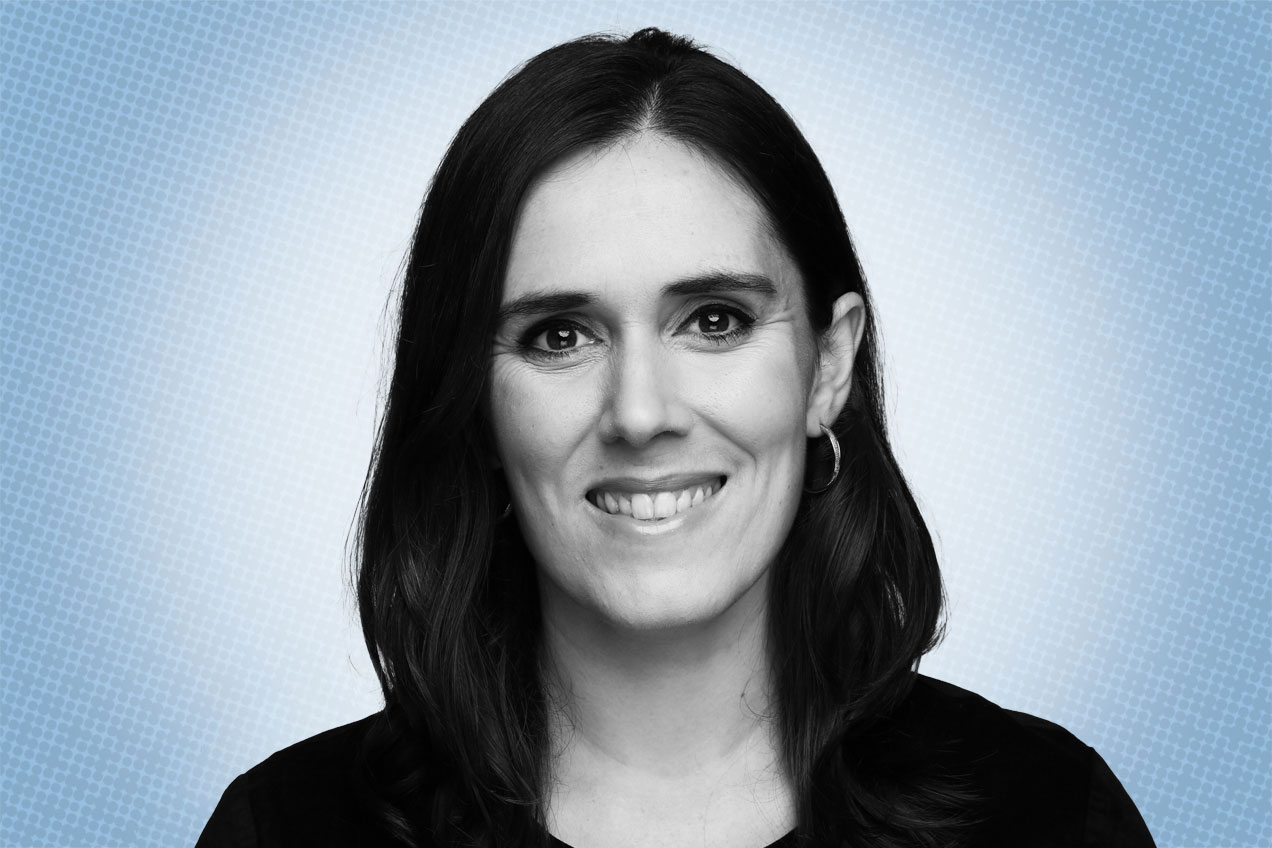Nestled between the landmark tripling renewables pledge agreed to by around 200 countries at COP28 last year in the UAE and ahead of COP30 in Brazil – by which time every nation needs to have submitted updated nationally determined contributions (NDCs) – the focus at COP29 has been on high-level finance discussions.
The event offered a unique opportunity to sit down with leaders and key government officials to discuss solutions to the challenges countries face turning their wind energy ambitions into projects for the sector – and to do the same with another country an hour later.
The great convener
There is a convening power to COP that is unlike any other political moment in the calendar.
Nowhere was that more clear than when GWEC brought together leaders from across the global industry together at an official side event on the “great wind energy reset".
Wind is a key climate solution and it must be at the centre of this climate conversation. This event brought attention to a key challenge in the battle against climate change: wind installations trail solar PV and they are not on track to reach tripling, or the capacity required for net zero targets.
This is a serious problem because the energy transition needs wind power’s higher capacity factors and stable generation. The discussion in the room was constructive and solution oriented. Given the need to accelerate deployment, we need to bring the industry together over the coming months to solve this challenge.
The final COP text must provide a marker on the march towards a confident green world, built on clean, resilient, and secure renewable energy.
At COP27, GWEC established the Global Renewables Alliance (GRA) – along with the other major renewables technologies – to put a positive renewables voice at the heart of key moments like COP and the annual G20 summit of world leaders.
Now deliver change
This time in Baku, we led a strong renewables sector delegation, and the GRA organised a hugely successful global renewables hub in the heart of the COP’s blue zone. The hub became a key convening point for governments, industry and stakeholders throughout the two weeks.
Our advocacy message was crystal clear; calling on countries to “now deliver change” by setting ambitious and actionable NDCs.
Targets, as the industry knows, do not equal projects. These NDCs are important. If done well, they can link country targets or ambitions to the crucial ‘how’ and ‘when’.
GWEC is pushing countries to present plans for how they will create investable conditions for wind energy. The team spends months working with industry and regional experts to ensure that when our policy team sits down with a delegation at COP they can provide answers that mean officials return to their government with solutions that clear the path for the deployment of wind energy.
This year we met with ministers and officials from every region in the world, including South Korea, Egypt, a number of US states and the EU. The team also held meetings with UK officials as well as the incoming COP30 hosts, Brazil.
We hope that our work in Baku will help unlock key markets around the world and help turn national and regional ambitions into projects on the ground and water.
Rebecca Williams is deputy CEO of the Global Wind Energy Council

.png)



.png)









